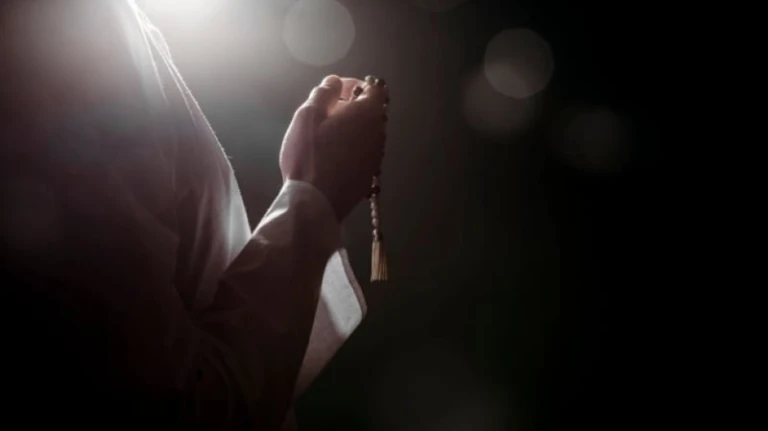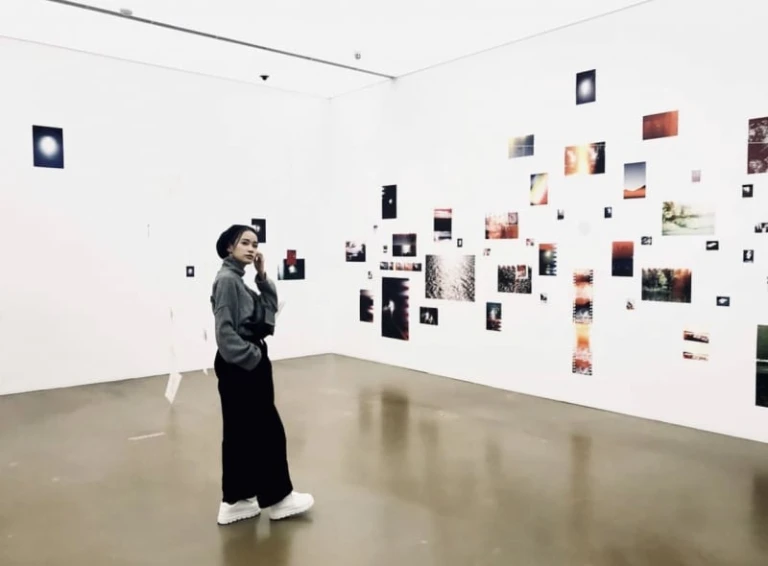HalalZilla consults the great archives of football to handpick our top Muslim players who’ve ever laced a pair of boots in the big leagues – especially those you didn’t know were Muslim!
Islam and Mental Health: Why It Shouldn’t Be Taboo

Whenever we catch a cold or come down with a fever, our first instinct is to head down to the doctor’s and get medicated. But what if the illness isn’t something that can be diagnosed as easily as a running nose? What if the chemicals in our brains are the ones causing it? Isn’t it still a legitimate illness that needs to be treated, be it with prescriptions or therapy?
A few years ago, bringing up the topic of mental illness in any situation was deemed to be taboo. No one talks about the depressed kid in class — in fact everyone stays away from him as if his emotional state is contagious. We live our lives oblivious to the existence of such disorders and shrug them off – classifying them as attitude problems or adolescent behaviour. Only with recent cases of suicide attempts and drastic panic attacks around the world did the media and community at large begin to shine some light on the matter.
In the Muslim community, however, mental health issues may still be unacceptable to discuss. Many Muslims still claim that mental disorders such as depression and anxiety do not exist in Islam.
Suffering in silence
 Image Credit: Azra Syakirah
Image Credit: Azra SyakirahMuslims suffer in silence and live in denial about their emotional and mental struggles. Some Muslims are not even aware of they’re suffering. Because society and culture play an influential part in our upbringing, and speaking out about such complication is sometimes considered inappropriate.
We were brought up to follow the rules and be like everyone else. But for some of us, it’s just harder to fit in. How we think is slightly different and that is in our nature. Young and naive as we were, we forced ourselves to succumb to the social standards, beating ourselves up for being different. That inevitably adds more stress and pressure to an already growing mental struggle.
Not wanting to be looked at differently, people kept their mental struggles quiet and remained secretive — that’s just the tip of the iceberg.
The community’s response to “Just pray”
 Image Credit: FreePik
Image Credit: FreePikAnother reason is that the Muslim community often see mental illness as a mark of weakness — in their faith in God and religion. We were always told to “just pray,” and that it is because of our lack of worship and loyalty to our faith that we are suffering from these mental illnesses.
While it may be a sign of care and concern when someone tells you to “say a prayer” or “pray more,” it often doesn’t come across that way. It gives the impression that we’re seen as believers with a lack of devotion to our religion. Such assumptions might even derail some of us from the religion because of the judgement and lack of understanding from the community.
My personal experience
 Image Credit: Azra Syakirah
Image Credit: Azra SyakirahBeing diagnosed with anxiety and mild depression is not something to be proud of, but it’s not something I am ashamed of either. Initially, I rejected the idea of medication and therapy, because I assumed it was just a phase and I would get out of it eventually. Fast-forward a couple of years, the frequency of my panic attacks due to anxiety sky-rocketed and I find myself constantly in a state of depression with no way out.
When my mental struggles started affecting my daily activities, relationships and physical health, I made the tough decision to reach out for help through the means of medication and therapy. Reaching out for help isn’t a sign of weakness or dysfunction. In fact, it’s the opposite: it’s a display of strength and resilience.
I’ve been taught that if I want something, I have to do two things: make dua and put in the effort. It is important to be accepting of the situation and be surrounded by supportive people. Taking the first step is crucial, but the journey to improvement and achieving a healthy state of mind is a long and tough one. Having a caring community and encouraging loved ones with you will benefit substantially in recovering and, InsyaAllah, bring you closer to your faith and Him.
Also read: My Ramadan Journey 2019: En Route to Becoming a Better Muslim Millennial
Published at
About Author
Azra Syakirah
Subscribe our Newsletter
Get our weekly tips and travel news!
Recommended Articles
10 Muslim Footballers That Will Inspire You And Your Goals 12 Culture Shocks You’ll Experience During Umrah Welcome to the land of blessings & calmness ~
2019 Emirates FA Cup Final Winners Will Celebrate With Non-Alcoholic Champagne Regardless of the team you support, it’s heartening to know that the winners will be offered non-alcoholic champagne to cater to those who don’t drink.
2025 Japan Fireworks Festival Guide: Dates, Locations & Muslim-Friendly Tips It's hanabi taikai season ~~
4 Hijab-Friendly Spas in Singapore For Your Raya Glow Up Do you want to look your best this Hari Raya? These hijab-friendly spas in Singapore will not only pamper you but also make sure you are #RayaReady.
Latest Articles
10 Nature-Themed Cafes in Batu, Malang for A Halal-Friendly and Soul-Soothing Escape Escape to nature!
10 Best Hotels in PIK Jakarta for a Fun Family Staycation: Strategic & Stylish perfect destination for a quick weekend escape or a fun-filled family staycation
No Flight Needed! 9 Jakarta Hotels That Give You Major Bali Vibes Jakartahides some secret "oases" that can make you feel like Bali
17 Stunning Filming Locations of "Can This Love Be Translated?": From Japan to Canada not just the romance that’s stealing the spotlight—it's the breathtaking scenery
10 Best Hotels Near Goyang Stadium: A Guide for K-Pop Fans Heading to South Korea! Traveling abroad just to see your favorite idol perform is the ultimate fan goal

